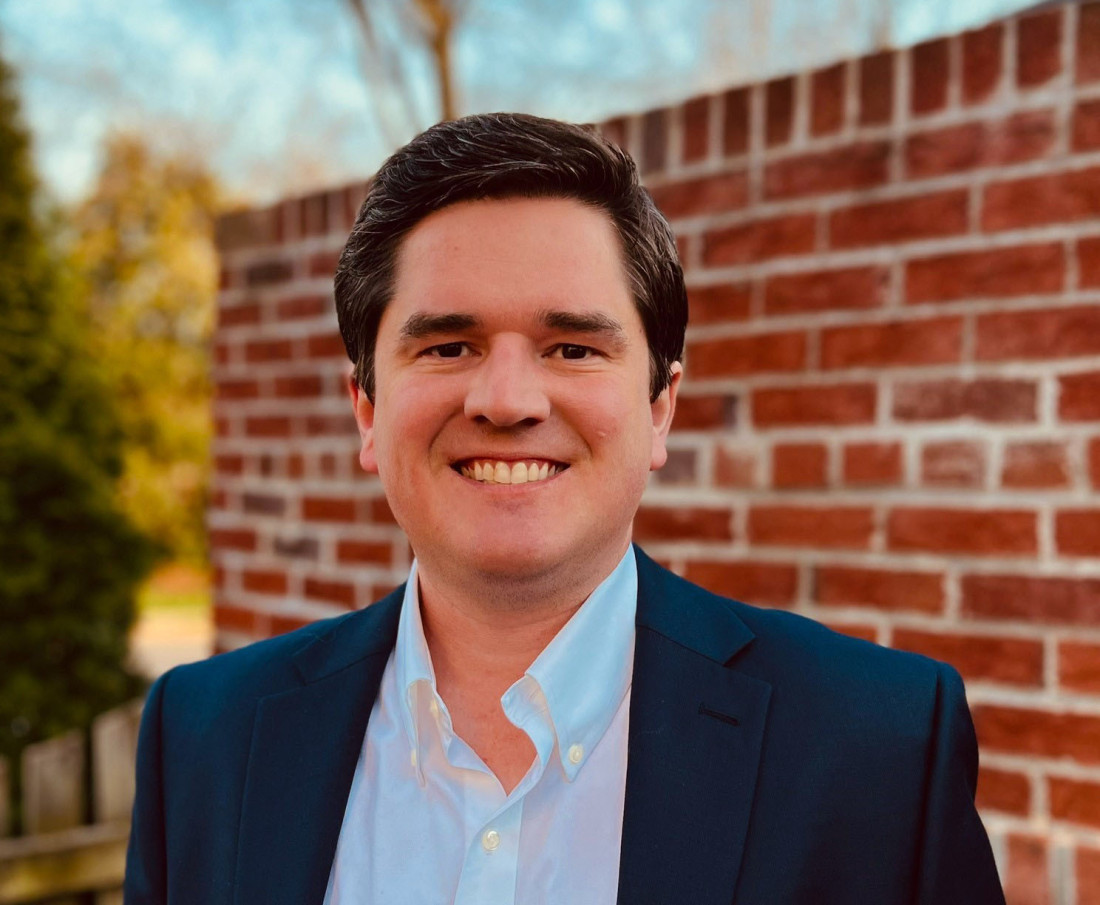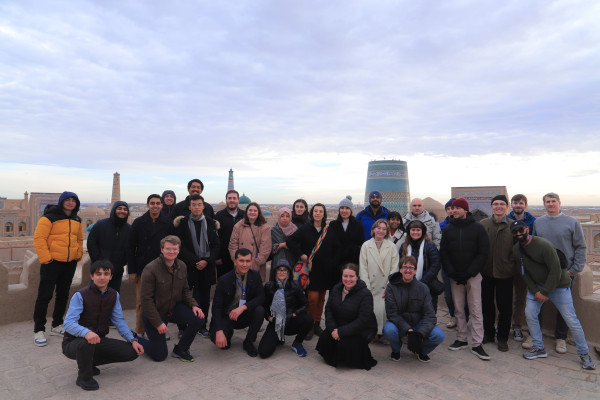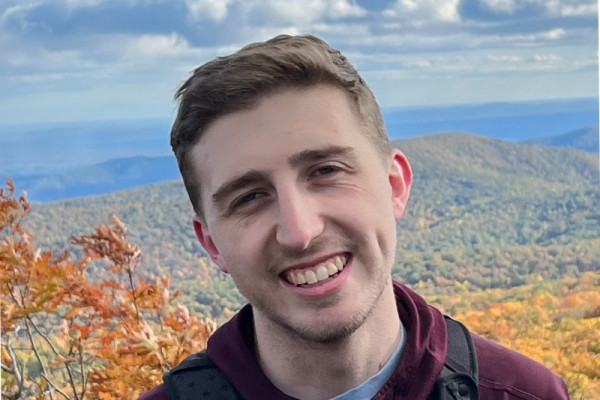Alum Uses Data Science to Make an Impact on City Government

A data science journey that has taken Stephen Morris from PwC to Amazon Web Services is now allowing him to contribute to his community as an appointed member of the Commission on Information Technology for Alexandria, Virginia.
Morris, who grew up in nearby Fairfax County and received a master’s degree in data science from the University of Virginia in 2017, says his experience helping the city he now calls home has been “really rewarding.”
“You don’t even realize that there’s a lot of people out there volunteering their time to try to help the city move forward,” he said.
Data has long played a significant role in Morris’ career.
After graduating from Elon University in North Carolina in 2011, he returned to the Washington, D.C. area, working for a company that conducted market research for government contractors.
He soon discovered the sheer volume of data available about public spending and the value that it provided.
“There’s a lot of information that you can glean from the data available that our customers were really interested in,” Morris said.
He served in that role for four years before moving on to a business development position for a contractor that used data to identify health care fraud. This experience soon led to a realization.
“I realized I’d much rather be doing the analytics than trying to sell the analytics,” Morris said.
It’s at that point, in 2016, that he applied to and enrolled in the data science program at UVA, which was at that time offered by the Data Science Institute. The institute would transform into the School of Data Science in 2019.
The master’s program, which had been launched just two years earlier, “felt a little bit like a startup,” Morris recalled. Though he had worked with data in the past, Morris did not have a programming background and soon found himself getting a crash course in Python and R.
“The first couple of days you’re thinking, what am I doing here? Was this a huge mistake?” he said. “And then, by the end of the second week or so, you’ve got a pretty good grasp on it.”
Not long after graduating in 2017, he moved to Alexandria, taking on an analytics job with PwC where he worked with government customers on a wide range of data problems.
After a stint there, he joined Amazon Web Services in May 2020, where he helps federal financial customers modernize their IT infrastructures. He has now worked at AWS for nearly four years.
Morris has deep family roots in Alexandria and lives with his wife and son in the house that his grandparents built 60 years ago. So, when the opportunity to serve on Alexandria’s IT Commission arose, he applied and was tapped to serve a three-year term.
He and his colleagues on the Commission advise the city government on IT policy and investments, and Morris’ background has proven useful in the group’s work in areas like cybersecurity and in exploring how the city might be able to leverage advanced machine learning and generative artificial intelligence models.
Morris’ interest in serving his community is a reflection of the kind of service-oriented data science that UVA has long promoted, says Reggie Leonard, the associate director for career connections and community engagement with the School of Data Science who has been working with students in the program since 2015.
“Stephen so quickly stepping into leadership in his organization, and into leadership in his community but with a technical lens, is emblematic of how our program prepares our students to be a part of a brighter future for our world,” Leonard said.
While serving on the IT Commission is, in many ways, a natural extension of his professional and academic experience, Morris says that data scientists who are interested in contributing to their communities should think expansively about how they can best make an impact.
“People always say law school changes the way you think as much as it teaches you about the law. And I would say a program in data science does the same thing,” he said. “It teaches you how to think in a much different way and be much more focused on making data-driven decisions. You can apply that to everything.”

